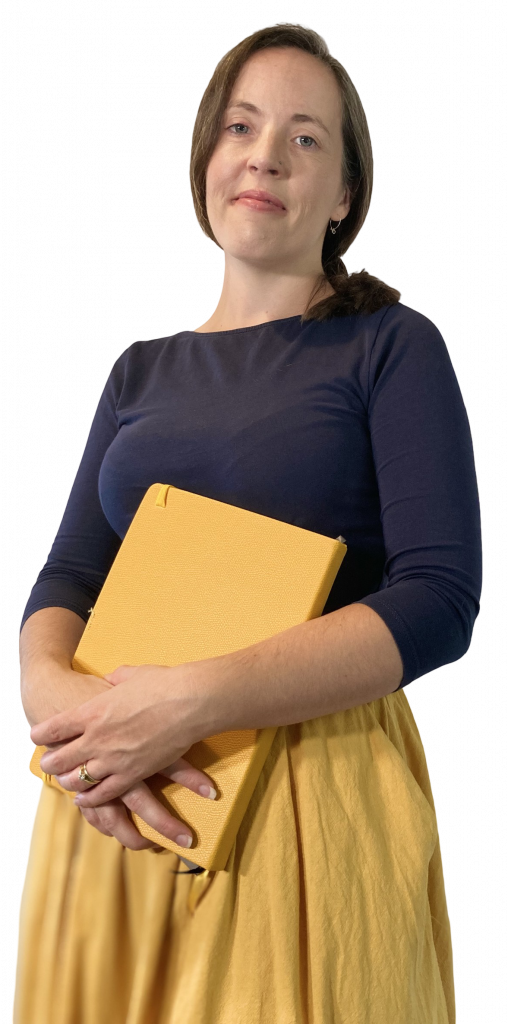
Reimagining inclusive education: Honest thinking for meaningful change
Dr Kim Collett
I am passionate about speaking honestly about inclusive education — not as a simple idea, but as a complex, layered concept filled with contradictions, dilemmas, and challenges.
By bringing these realities into the open, I believe we can move beyond surface-level solutions and start imagining innovative, creative ways to make education truly inclusive for all.
My Approach
While systemic change takes time, there are steps we can take now to make the current system more inclusive. That’s why I share free, practical advice and resources for:
- Students – decoding academic rules so everyone can navigate university confidently, showcase your knowledge, and reach your potential.
Parents – supporting children who find learning challenging, with a focus on nurturing a love of learning at home (not replicating school).
Educators – creating more inclusive, interactive, and engaging teaching practices, even within the constraints of today’s system.
Everything I share is grounded in my research, my practice, and—most importantly—the voices of students, parents, and teachers themselves.

My Personal Story
My journey into inclusive education began with my own experiences as a student. Growing up in England in the 1990s and early 2000s, I was given a SEND label. While I loved learning and achieved academically, my experience of “inclusion” was anything but inclusive. I often felt excluded—both academically and socially—and judged by teachers and peers. These experiences affected my sense of self and wellbeing, but they also lit a fire in me: a determination to make sure others would not have to go through the same.
This passion has shaped my entire academic and professional path. In higher education and in my career, I have worked with people facing disadvantage and taught others how to create environments where every learner can thrive. Believing deeply that education is key to building a better society, I became a lecturer, preparing future educators, youth workers, social workers, and others to champion inclusion in their own practice.
To push this work further—and to satisfy my love of learning—I undertook a PhD focused on inclusive education: exploring where we are now, the challenges we face, and what we can learn in order to move forward.